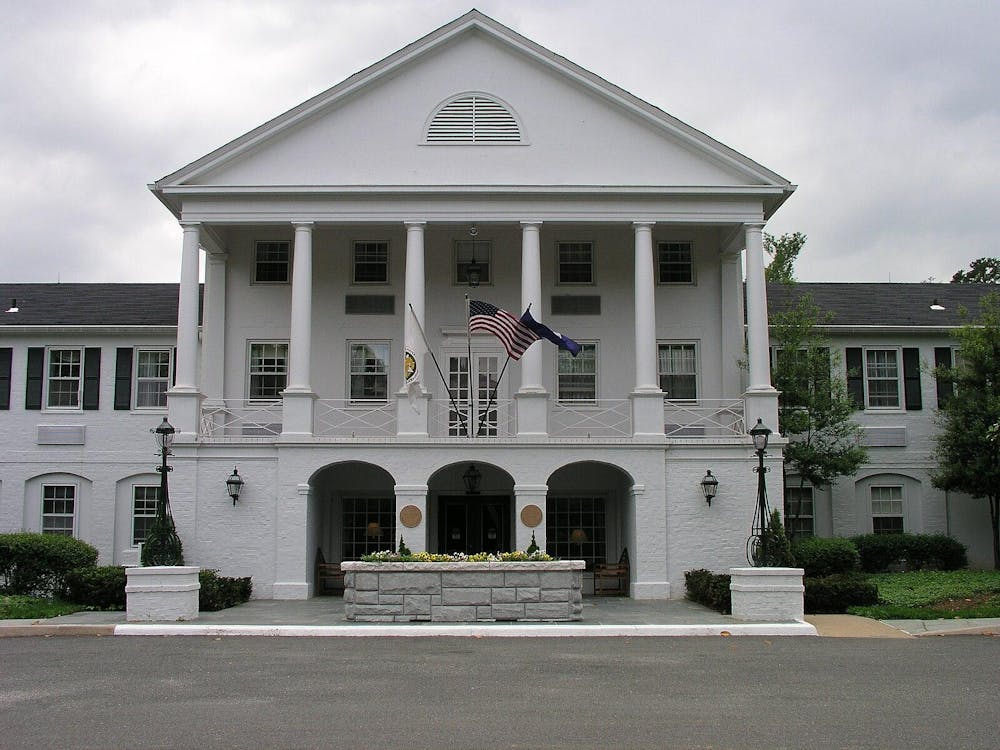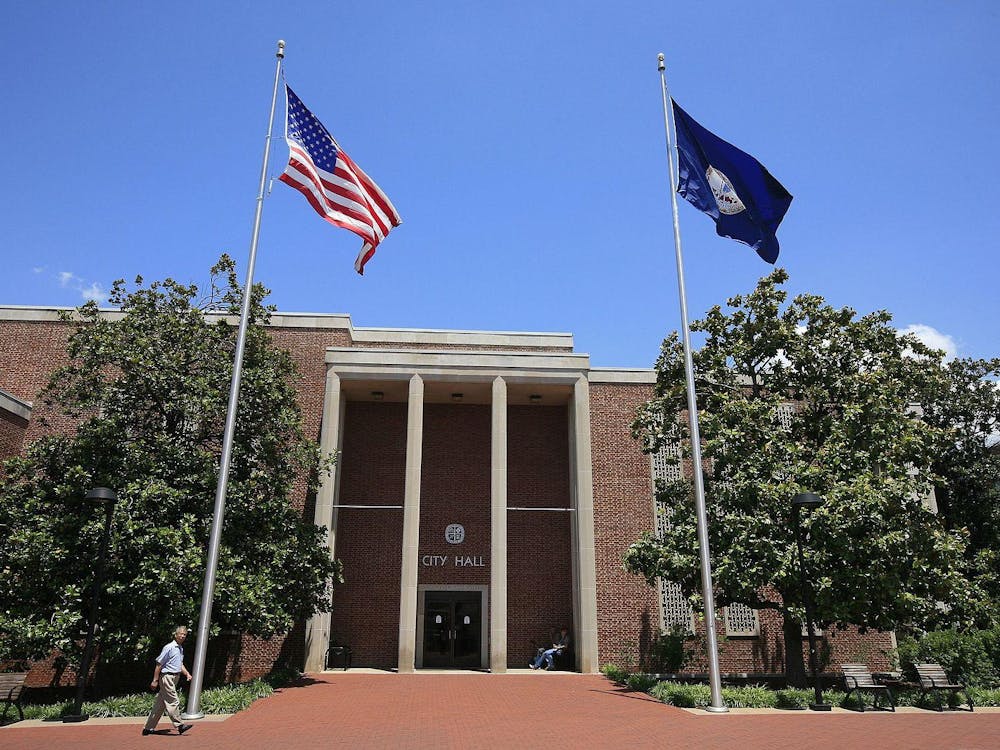YEARS from now, when my children ask me what I thought about Bill Clinton, I'll say that I agreed with his impeachment and was disappointed, though not surprised, that he remained in office. Yet I was pleased when Special Prosecutor Ray made a deal with Clinton to avoid his indictment for perjury. Is this a contradiction? Absolutely not. This country went through enough of a circus, and we need to move on.
By the same token, when George W. Bush was inaugurated as president yesterday, I sincerely wished him well, even though I voted for Gore. Bush clearly lost the popular vote, and we may never know who won Florida, but it's time to stop protesting and move into the new era. A new year and a new administration provide an opportunity to put aside our grievances and work for the future.
By writing this column I am not trying to suggest that all of Washington should join hands, sing songs, and forget their political affiliations. I've written before in this space that partisanship is a necessary and beneficial part of the democratic system.
I'm also not saying that Democrats should avoid any criticism of Bush's policies or nominees simply to achieve the holy grail of bipartisanship. There are plenty of legitimate questions about the fitness of certain nominees, and about what parts of Bush's agenda are actually good for the country.
But Democrats' objections should be raised in an atmosphere that seeks what is best for our nation, not a quest to avenge Republican behavior in the last administration. There are plenty of good reasons for people to be nervous about attorney general nominee Ashcroft, for example, but Democrats should not simply seek to duplicate the Republicans' shabby treatment of Janet Reno during the past eight years.
Both parties have sent out encouraging signals on this front in the past month. So far, the Senate has avoided the protracted battle over partisan spoils that many have predicted. The new session began with equitable representation on committees, no filibusters, and no abuse by the Democrats of their brief majority status before Gore left the vice presidency. Both Trent Lott and Tom Daschle put the Senate's ability to do the nation's work over any desire for short-term gain, and for this we should be grateful.
The Bush inauguration also occurred with a relative lack of bitterness. His inauguration speech contained the traditional thank you to his predecessor for serving the nation, while also including a promise to be different from the past. Overall, the speech embraced what Bush sees as a bright future for our country with the help of all Americans.
President Bush also made a very important point in his eloquent appeal for national unity: "America, at its best, matches a commitment to principle with a concern for civility ... civility is not a tactic or a sentiment ... it is the determined choice of trust over cynicism." In order for this government picked by an indecisive people to work, many compromises will have to occur, and deals must be made. Trust that the other side will keep the bargain made is a necessary ingredient in these processes.
President Bush calls us to realize that there are good motives on both sides of the aisle. Republicans and Democrats may have disagreements, but earlier agreements on controversial issues like the setup of the Senate show that when the American people call our leaders to work for the public good, they will do what we ask.
Voters must continue to push Congress and the president to use their ideologies as a source of ideas, not a stumbling block. Political civility does not require that we avoid naming the wrongs we see, but rather that we avoid protesting so vehemently that reaching out to the other side becomes a sign of weakness.
In starting a new political era, we must avoid recriminations and arguments about exactly what happened in our last election. The time for protest is over, and we should channel our frustrations into looking for improvements to ensure that we get things right in future elections.
After seeing the consequences of divisive politics, most Americans are looking forward to the opportunity to reunify this nation. If we are not careful, however, this sense of purpose will soon fade with the "honeymoon" period of the presidency.
The protests on the sidelines Saturday showed that many individuals in this country still feel the wounds of the extended election period, and there are many Republicans who are still bitter over the last administration. Their concerns are understandable. Yet if we remain mired in the past, we will lose our chance to seize the present.
(Elizabeth Managan's column appears Tuesdays in The Cavalier Daily.)






